New West Asia, regional equations emerging in the wake of Gaza war: Journalist
By Alireza Hashemi
Israeli regime’s war on Gaza has given rise to new regional equations as Muslim nations are finding common ground in their support for Palestine, says a Palestinian journalist and author.
Ramzy Baroud, the US-based editor of Palestine Chronicle, in an interview with the Press TV website, said the majority of Muslim nations are beginning to form a new coalition to support Palestine.
“History will not forgive those who have remained silent, exhibited or expressed ‘balanced’ positions - or worse, defended Israel’s ongoing genocide in an already besieged, impoverished, and overcrowded Gaza,” Baroud asserted.
“But the good news is the new Middle East is emerging, indeed, and it promises to be Washington’s worst nightmare because those who are solidifying behind Palestinians are no longer linked by race, color or creed.”
The death toll from the indiscriminate Israeli bombing campaign in the besieged Gaza Strip has risen to over 9,500, most of them children and women, drawing condemnation worldwide.
The bombings have primarily targeted residential houses, hospitals, schools and places of worship.
“There is a new Islamic world that is emerging, one that includes Shia and Sunni. One that has no space for terrorism and random violence against innocent people. This new principled Middle East is uniting around Gaza,” Baroud stated, referring to the West Asian region.
“If this momentum continues - and it should. This will be a game changer.”
Baroud said the new region is no longer “an American playbook” and this heralds a bright future for Palestinians and all other people of the world.
“The US no longer holds all the cards. This is not 1990-91, or 2003, when the US carried out major wars in the Middle East, largely uncontested. When it was allowed to reshape the region to fit its expectations and those of Tel Aviv and Brussels,” he noted, referring to the waning US influence.
“With the unity of resistance throughout the Middle East, the growing clout of Iran, the refusal of Arab countries to play the role of lackeys for Washington.”
Gaza’s generation of siege
On the roots of the October 7 Palestinian operation ‘Al-Aqsa Storm’ (also known as Al-Aqsa Flood), Baroud said the Palestinians are “simply fed up” with the regime’s non-stop atrocities.
“The daring Palestinian military campaign deep inside the occupied territories on October 7 was only possible because Palestinians are simply fed up.”
He said Gaza has a whole generation of youth who grew up under siege and have seen at least five devastating wars in which their families have been the main target.
These young people, he added, are left without any option but to fight back against Israel’s crimes.
“17 years ago, Israel imposed a hermetic siege on the Gaza Strip. 17 years is long enough for a whole generation to grow up under siege, enlist in the resistance and fight for its freedom,” Baroud noted.
“Sun Tzu writes in The Art of War that if you surround your enemy completely, give them no chance to escape, offer them no quarter, then they will fight to the last. Year after year, this is precisely what Israel has done. This strategy proved to be a major strategic miscalculation.”
The veteran journalist and author stated that Israel in the past even attacked Palestinians participating in the great marches of return near the fence separating the region from the Israeli-occupied territory.
“Even the mere attempt at protesting the injustice of the siege by gathering in large numbers at the Gaza fence was not permitted. The mass protests, known as the Great March of Return, were answered with Israeli sniper bullets. Scenes of youngsters carrying other bleeding youth, shouting ‘God is Great,’ became a regular scene at the fence.”
As the Palestinian casualty toll increased, he asserted, the media interest in the story also faded and that further led to the disappointment of Gazans, especially the youth
“This is where the story of this generation intersects with that of Hamas, or the Islamic Jihad and any other Palestinian group,” Baroud told the Press TV website.
“Hamas chose the timing and the nature of its military campaign to fit into a very precise strategy. This strategy, however, would have not been possible if Israel had not left these young Palestinians with no other option but to fight back.”
Hamas’s message to the world
Baroud said the Gaza-based resistance group wanted to send a message with its October 7 operation, which coincides with the anniversary of the October 1973 war between the regime and some Arab armies.
“By choosing the 50th anniversary of what Arabs consider a great triumph against Israel, the Palestinian resistance wanted to send a clear message: the cause of Palestine remains still the cause of all Arabs.”
Baroud hastened to add that the psychological impact of this war will most certainly exceed that of October 1973, when Arab armies made quick gains against Israel, also following a surprise attack.
“This time, the devastating impact on the collective Israeli thinking will prove to be a game-changer, since the ‘war’ involves a single Palestinian group, not a whole army, or three.”
The journalist noted that this pan-Arab discourse was not haphazard and was outlined in statements made by the commander of Al Qassam Brigades, Mohammed Deif, the founding commander of Al Qassam, Saleh Al Arouri, the head of Hamas Political Bureau, Ismail Haniyeh, and Abu Obeida, the Brigades’ famous spokesman.
“They all urged unity and insisted that Palestine is but a component of a larger Arab, Islamic struggle for justice, dignity and collective honor,” he stated.
Israel can’t repair the loss
Baroud said that despite a massive Israeli military buildup around the Gaza borders and infiltrations on the outskirts of the besieged strip, Palestinian resistance continues to repel Israeli attacks.
To justify its military failures, he noted that the Israeli army “continues to pound civilian homes throughout the Gaza Strip with new massacres reported everywhere in the besieged enclave.”
However these attacks can’t repair the massive damage the Israeli regime suffered by the October 7 Palestinian operation, Baroud emphasized.
“Regardless of how many Palestinians Israel kills, although tragic, it will hardly salvage the tattered image of an undisciplined army, a divided society, and a political leadership that is solely focused on its survival,” he said.
The journalist said it’s too early to conclude the outcome of this unprecedented war but things have changed forever in Palestine.
“What is crystal clear is that the fundamental relationship between the Israeli occupation and occupied Palestinians after October 7, 2023, is likely to be altered, and permanently so.”
China expands use of Iranian rail corridor for cargo transit
Ukraine’s Zelensky says open to dropping NATO bid for security guarantees
Israel kills 3 in south Lebanon as it threatens ‘wide-scale’ attack
VIDEO | Iran’s mega solar plant to power 2.5 million homes
Hamas warns against Israel's plans to 're-engineer' Gaza
VIDEO | South Koreans join migrants in Seoul to protest on Migrant Workers' Day
VIDEO | Press TV's news headlines
VIDEO | Iraq, UN officially mark end of UNAMI mission in country


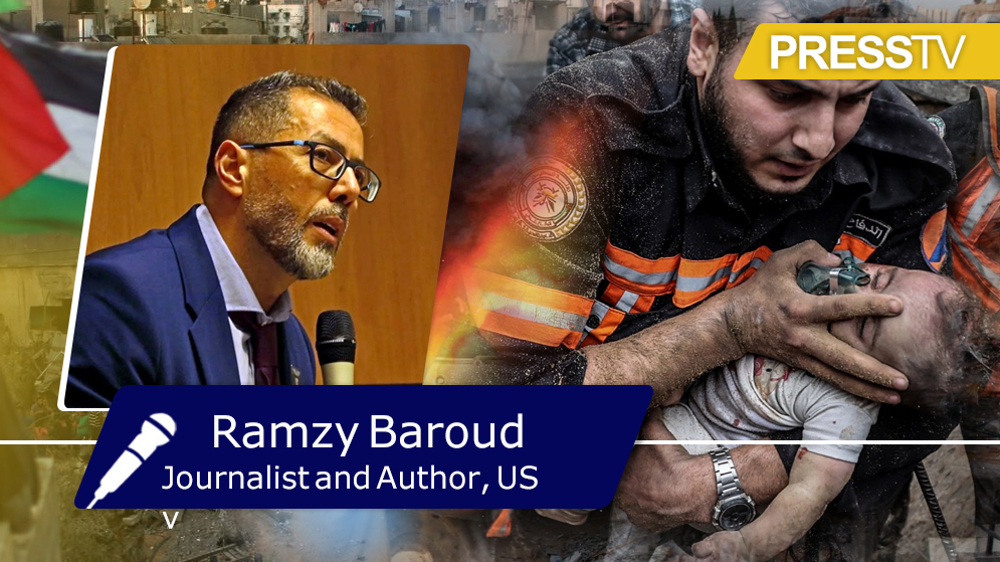
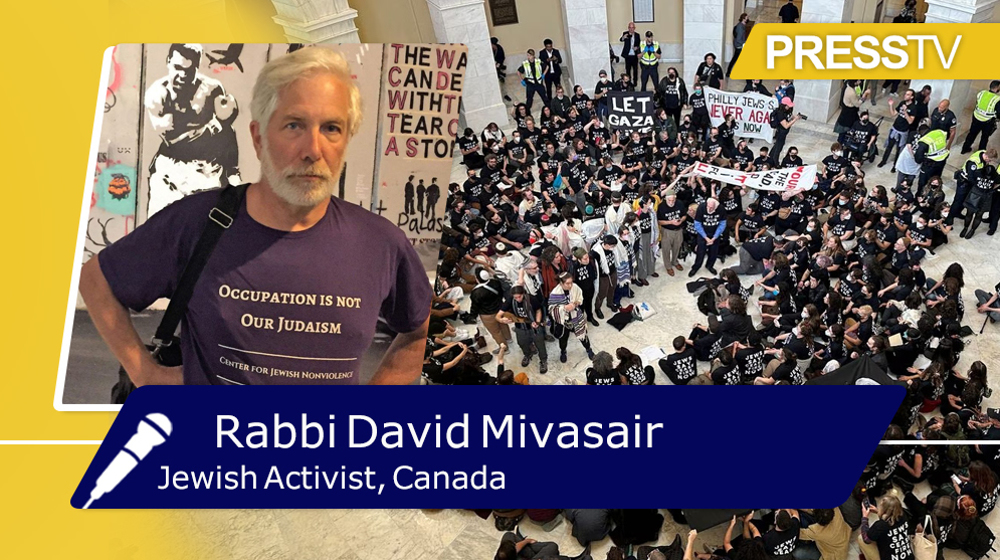
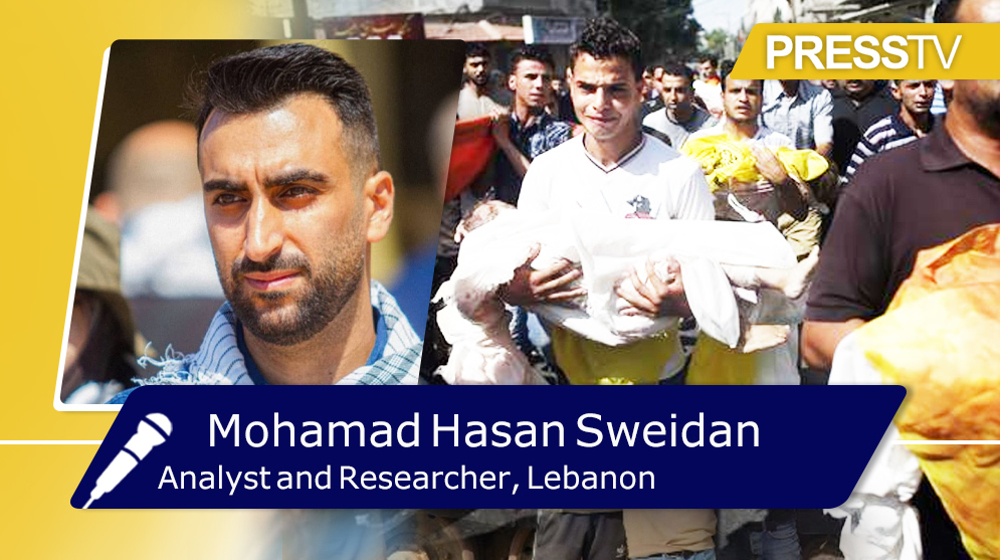

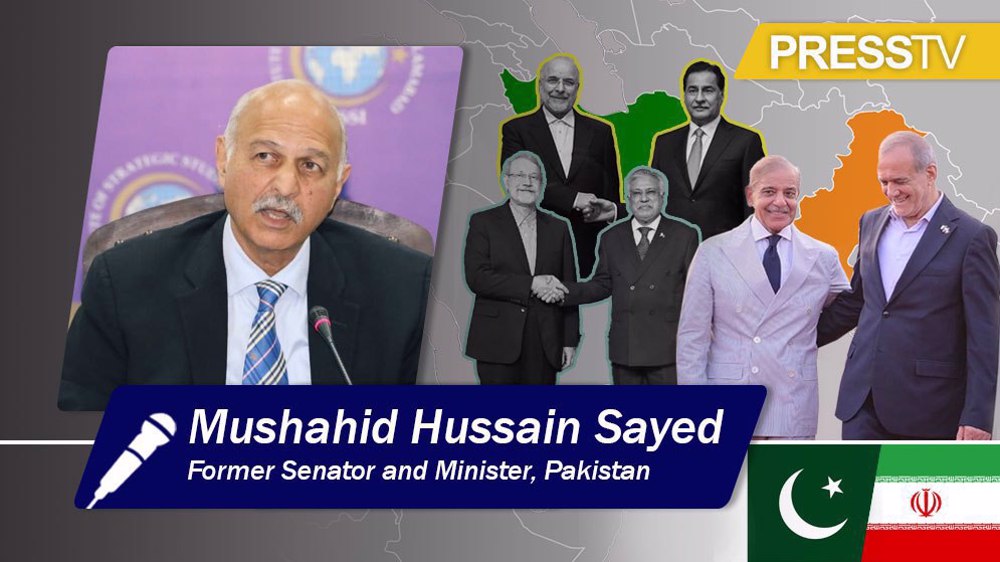
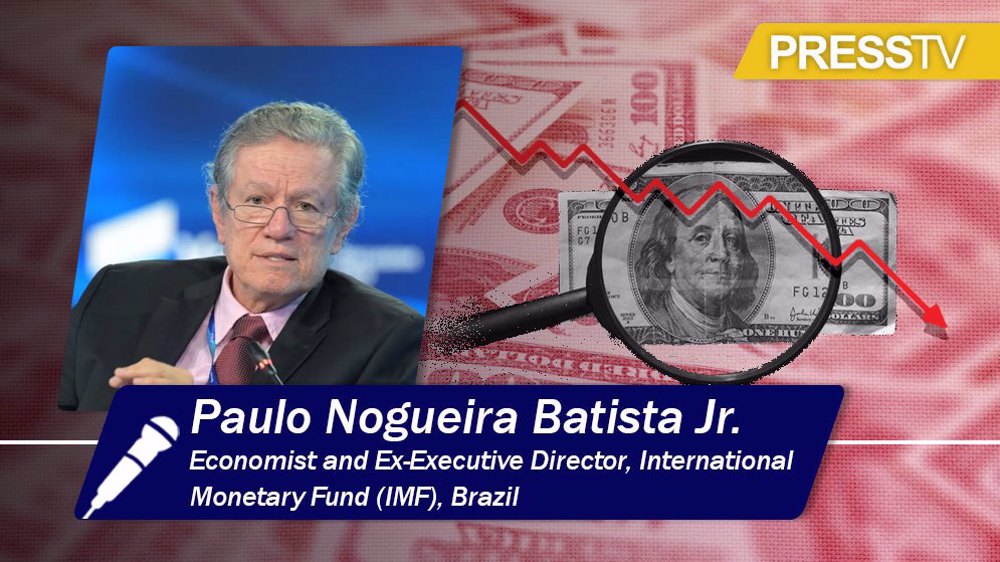



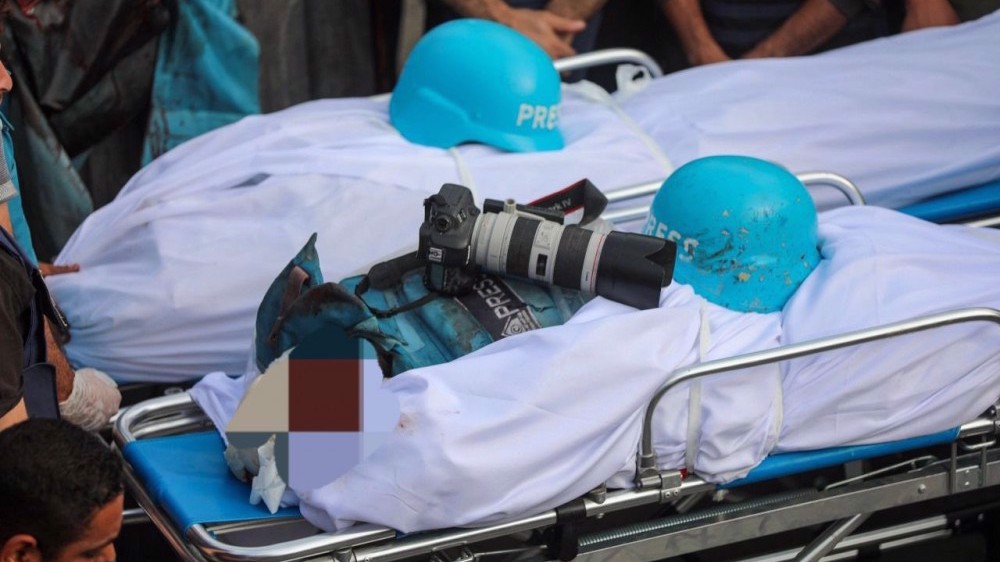
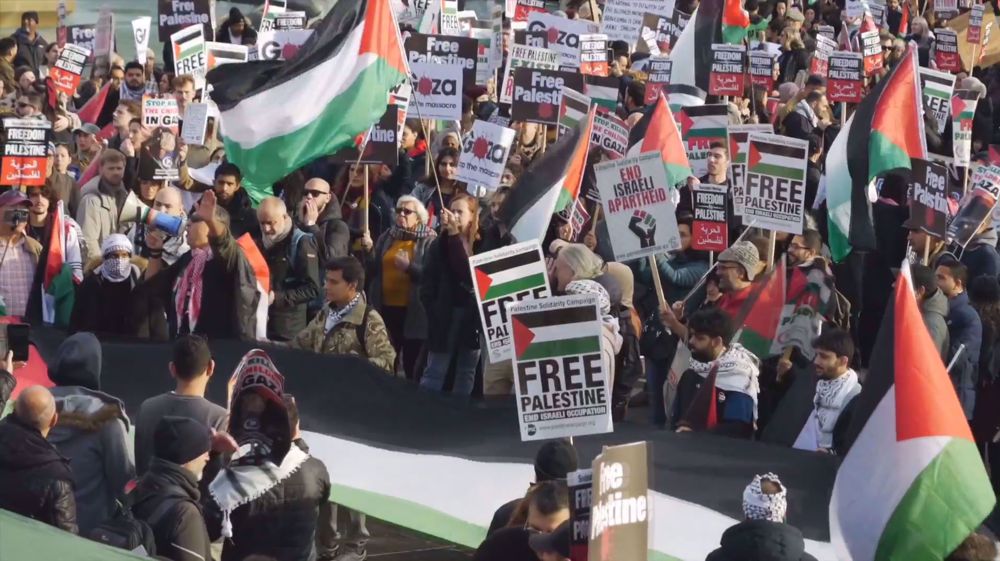
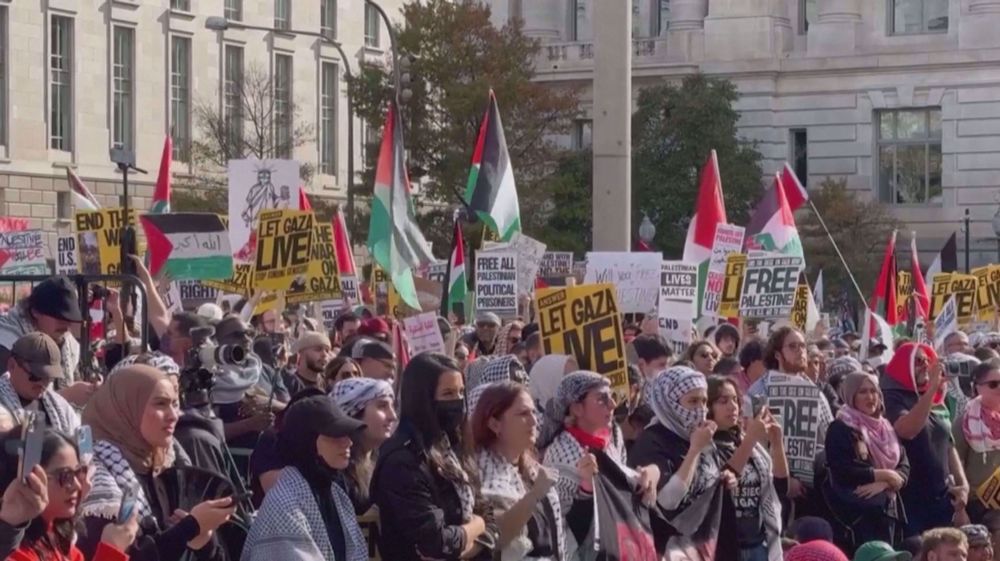
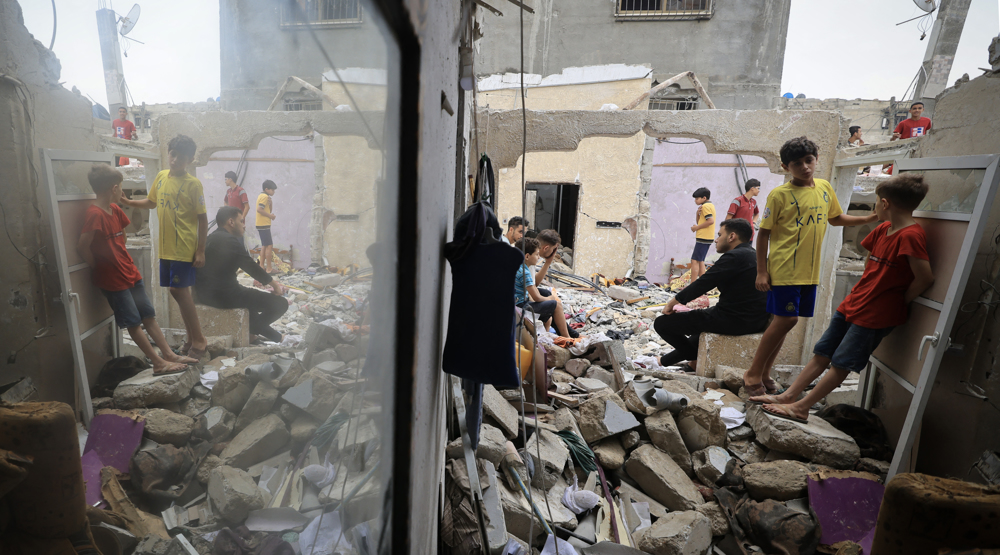
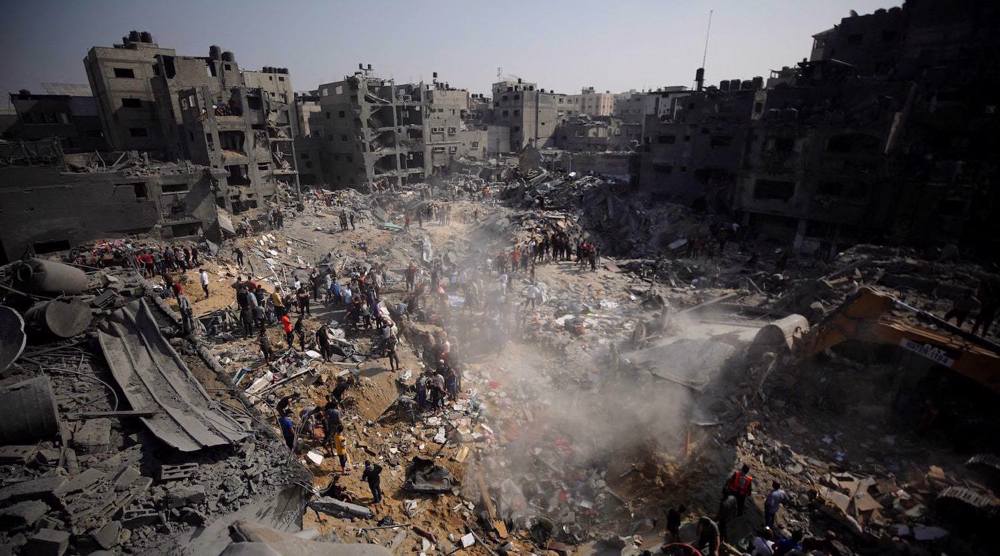

 This makes it easy to access the Press TV website
This makes it easy to access the Press TV website